Starting with homesteading can be a fun and rewarding experience. These projects are simple, practical, and perfect for beginners. They will help you become more self-sufficient and prepared for any situation.
1. Start a Vegetable Garden
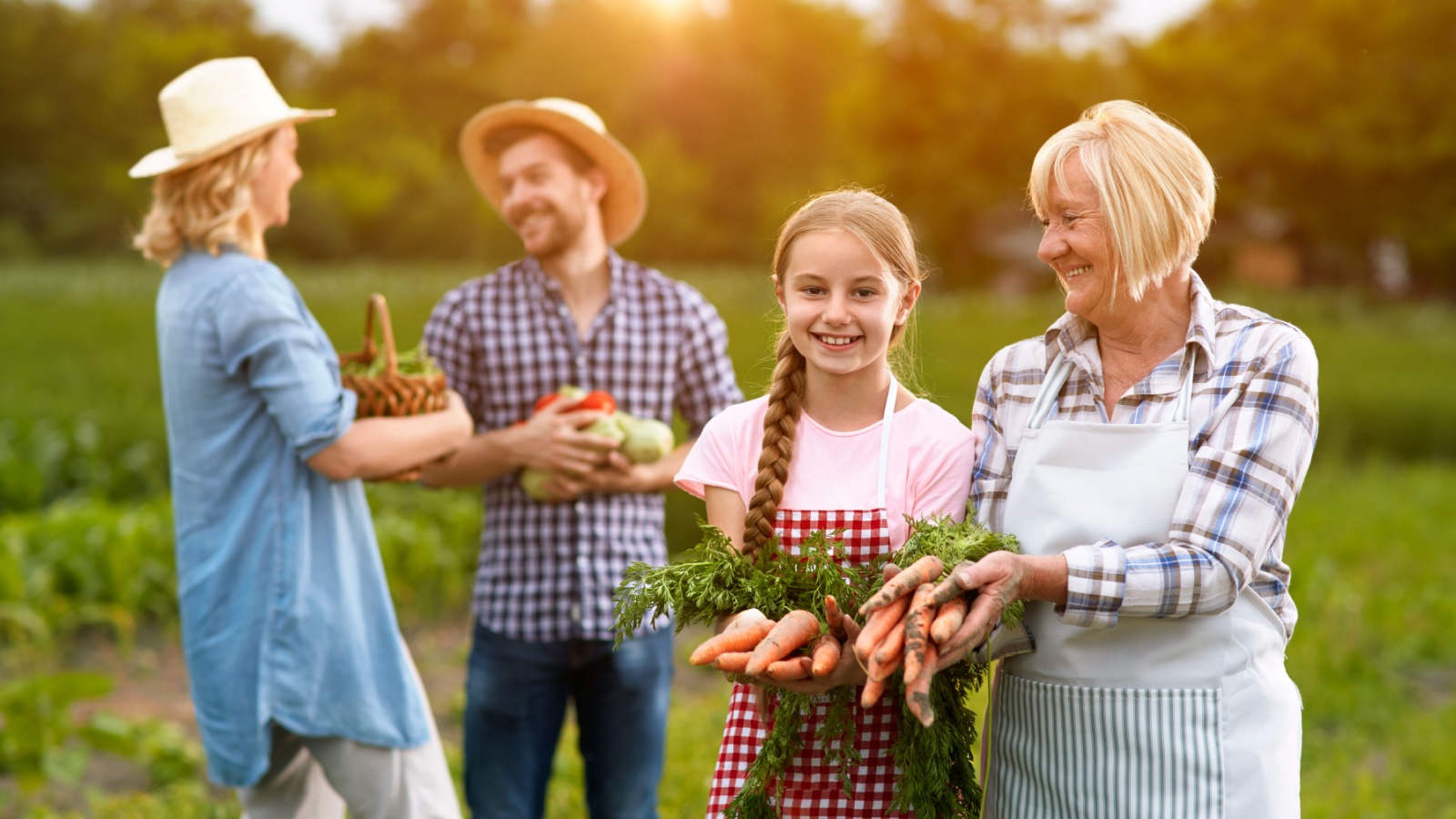
Planting a vegetable garden is a great way to grow your own food. Choose easy-to-grow vegetables like tomatoes, cucumbers, and lettuce. Make sure to water them regularly and watch them thrive. Gardening can also be a relaxing and therapeutic activity.
2. Build a Compost Bin
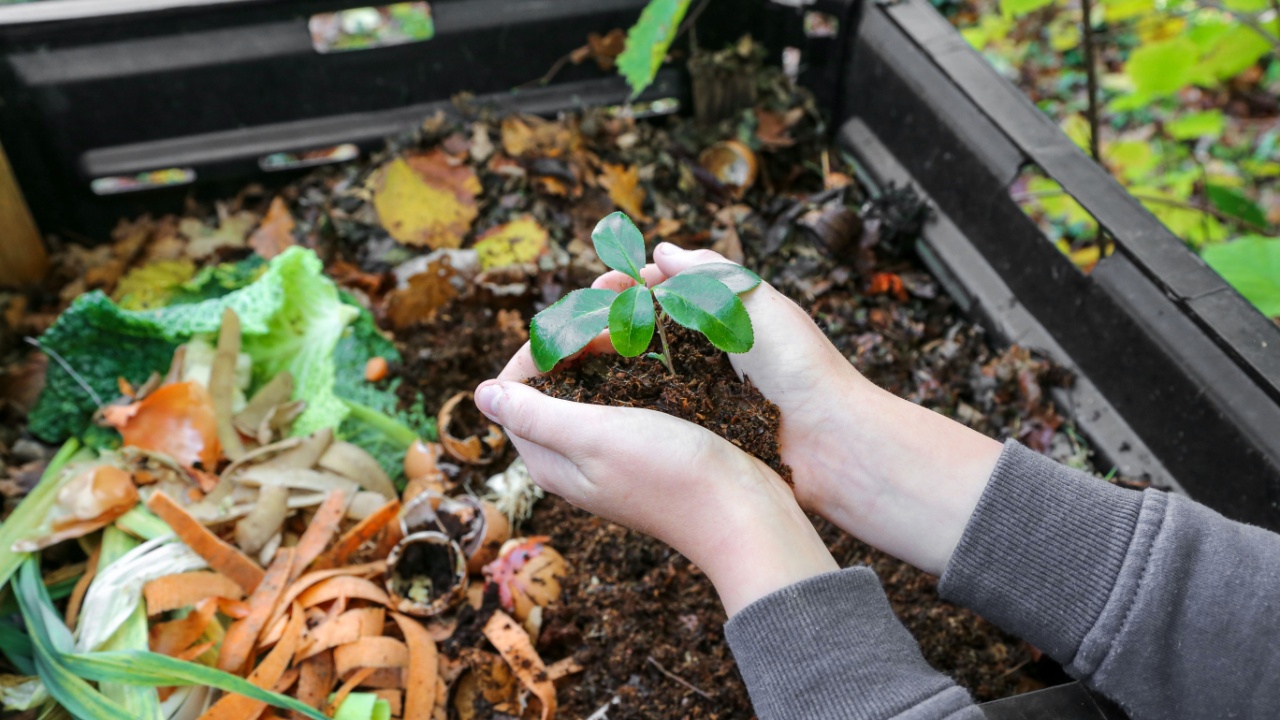
Composting turns kitchen scraps into rich soil. You can make a compost bin from wooden pallets or buy one ready-made. It’s an easy project that reduces waste and improves your garden soil. Composting helps reduce your carbon footprint and enhances plant growth.
3. Set Up a Rain Barrel
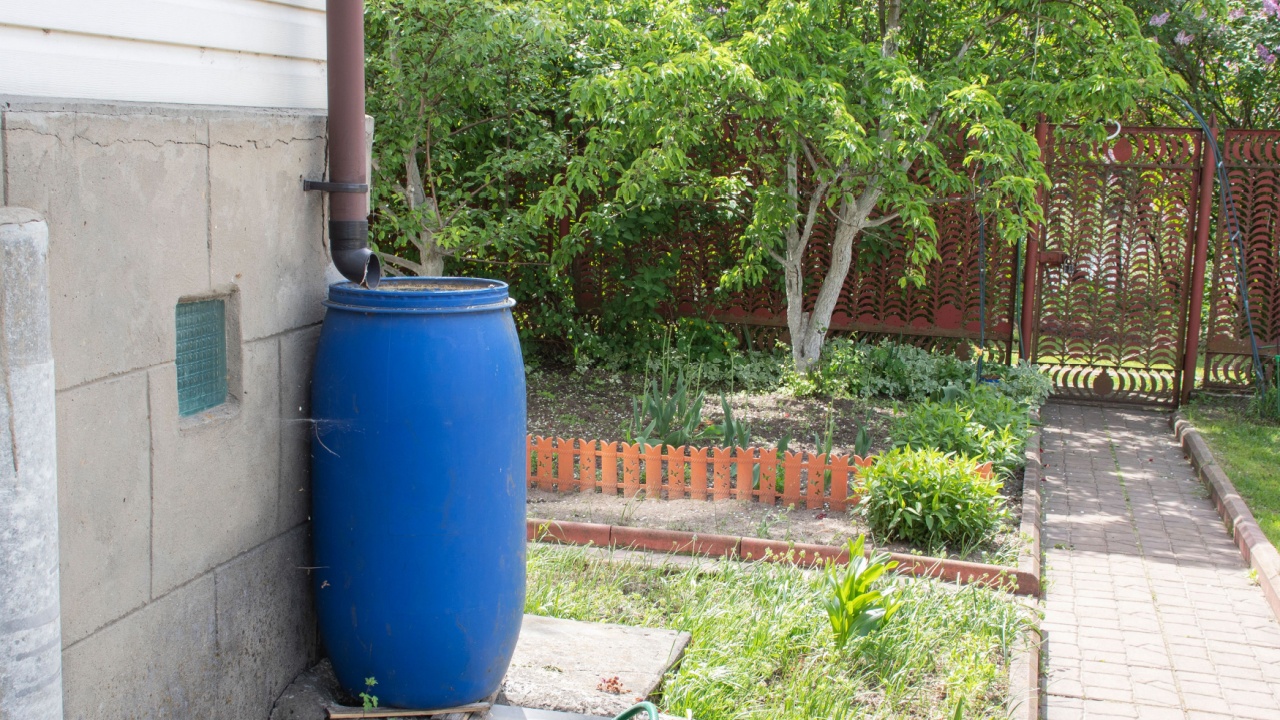
Collecting rainwater is a smart way to conserve water. Install a rain barrel under your downspout to catch rain. Use this water for your garden and plants. This project can lower your water bill and provide a sustainable water source.
4. Raise Chickens
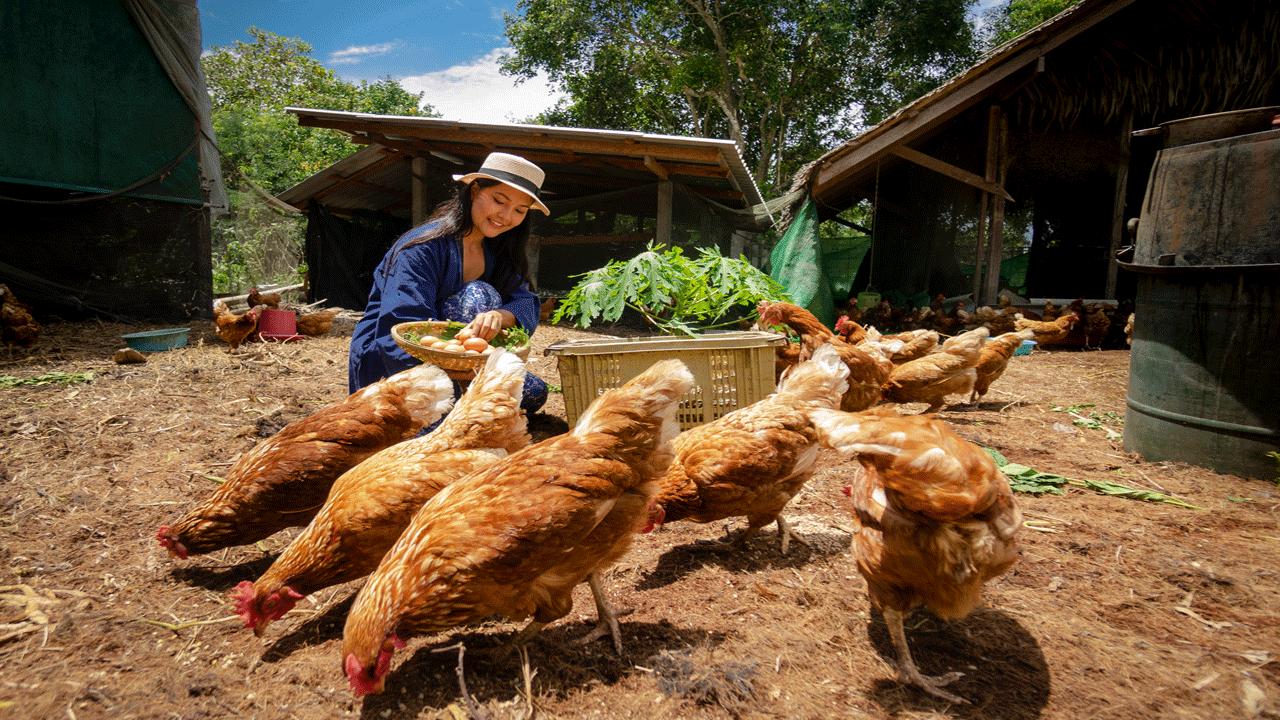
Chickens are a wonderful addition to any homestead. They provide fresh eggs and help control pests. Start with a small coop and a few chickens to see how you like it. Chickens also produce manure that can be used as fertilizer for your garden.
5. Make Homemade Soap
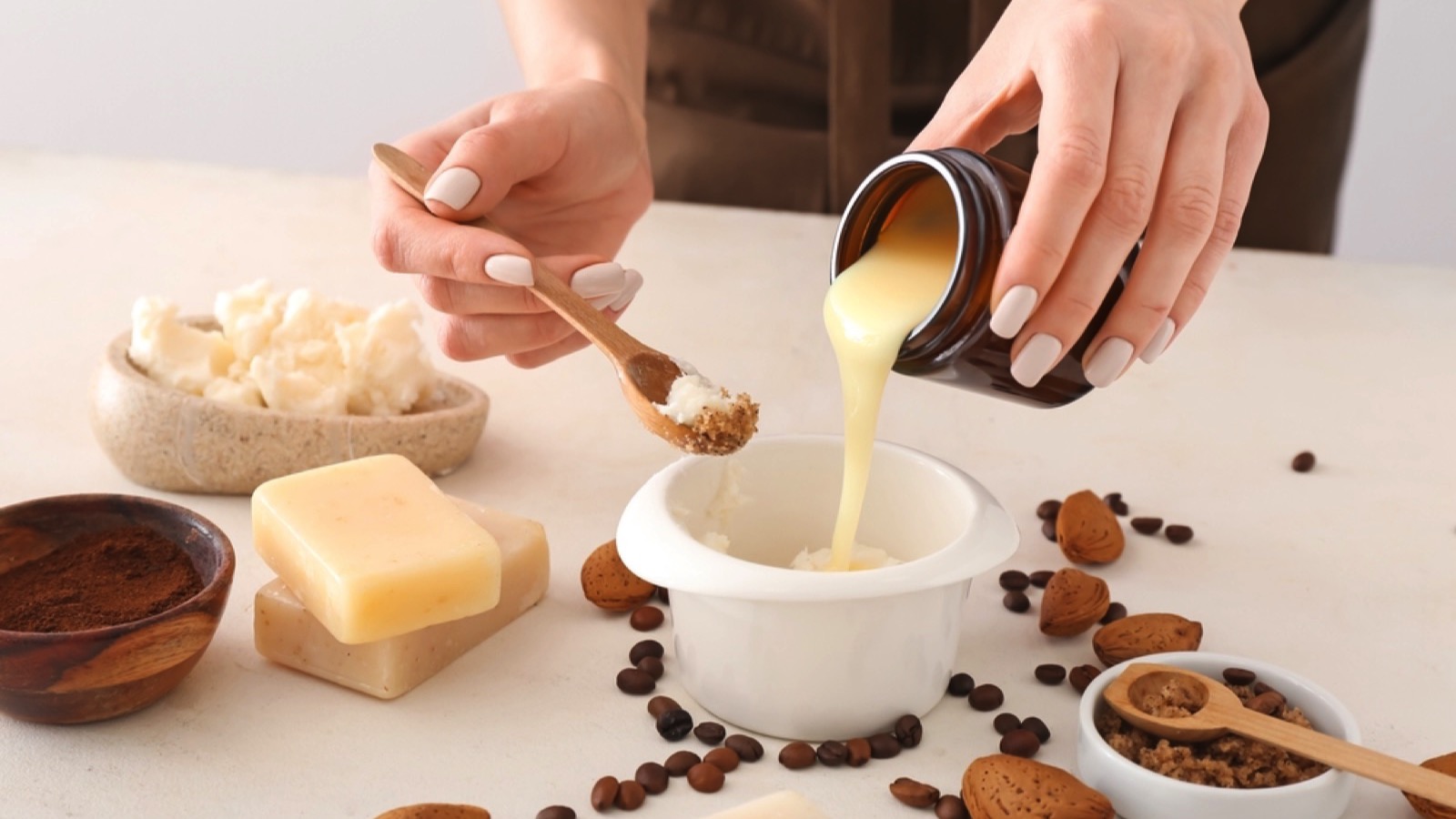
Homemade soap is better for your skin and fun to make. You can customize it with your favorite scents and colors. It’s a useful skill that makes great gifts too. Plus, homemade soap is free from harsh chemicals found in commercial soaps.
6. Create a Herb Garden
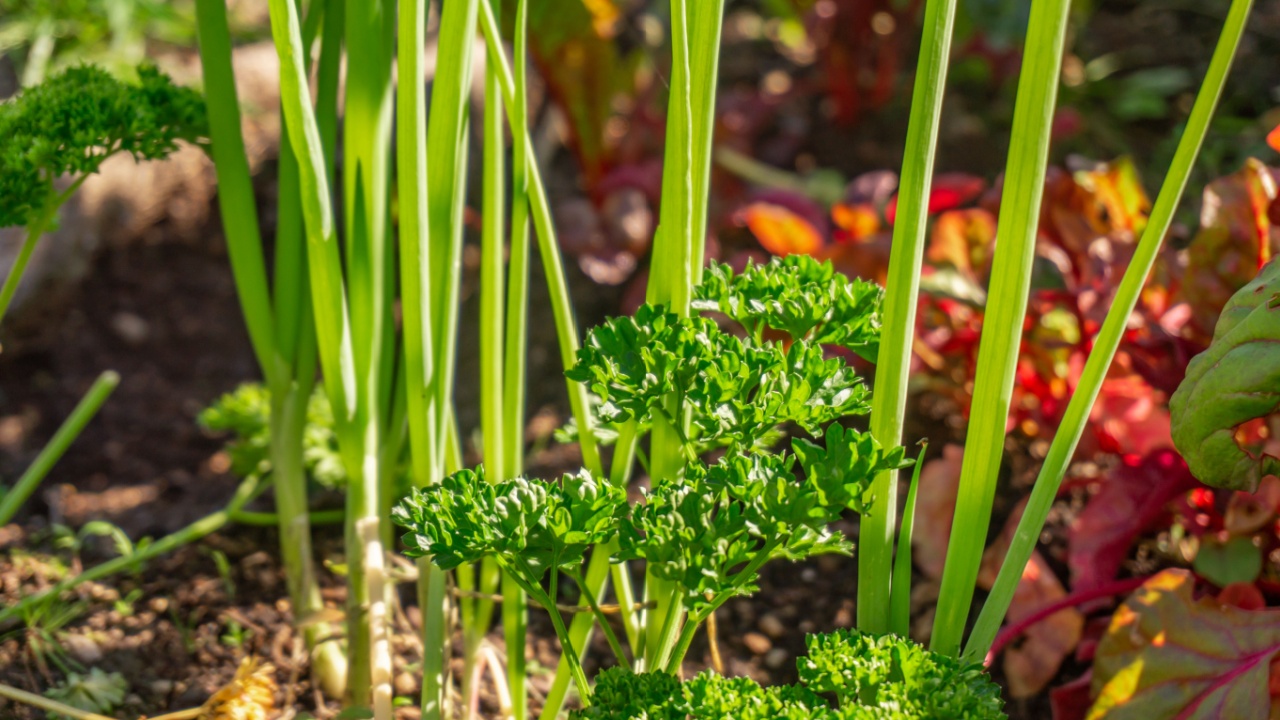
Growing herbs is easy and useful. You can plant them in pots or a small garden bed. Herbs like basil, mint, and rosemary add flavor to your cooking and have medicinal uses. Fresh herbs can also be dried and stored for long-term use.
7. Build a Birdhouse
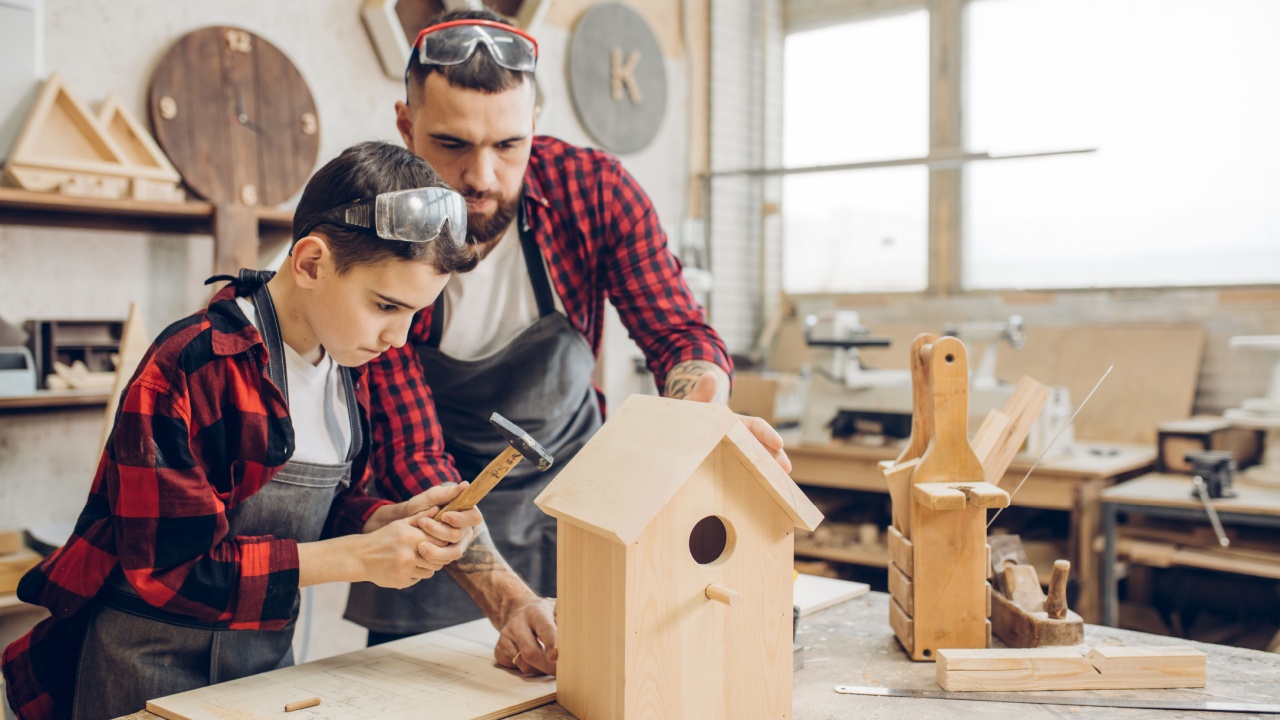
Building a birdhouse is a simple woodworking project. It attracts birds to your garden, which helps with pest control. You can paint and decorate it to add a personal touch. Birdhouses also provide birds with a safe place to nest and raise their young.
8. Make a Fire Pit
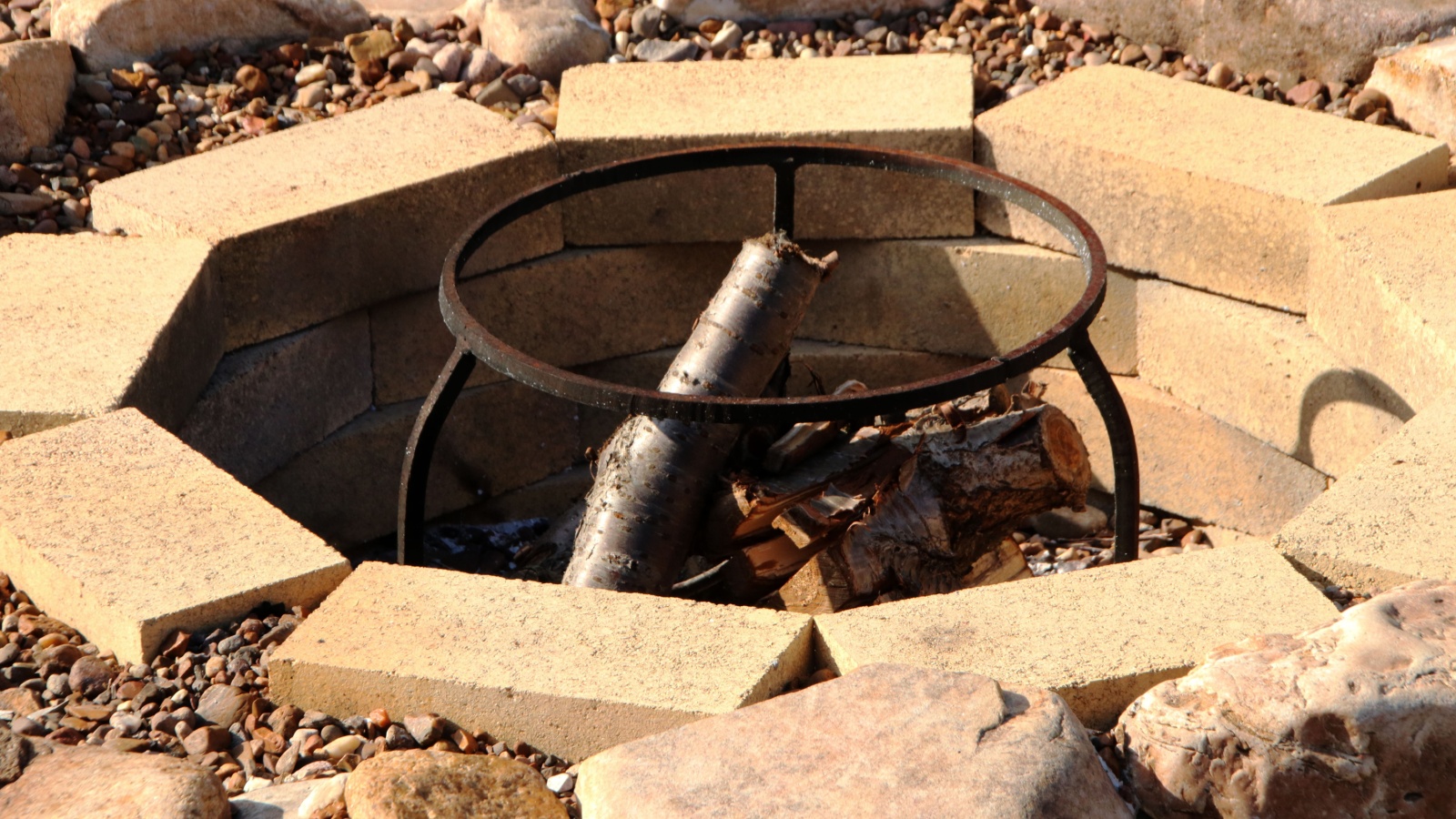
A fire pit is great for outdoor gatherings. You can build one with bricks or stones in your backyard. It provides warmth, a place to cook, and a cozy spot to relax. Fire pits also offer a fun way to enjoy your outdoor space year-round.
9. Learn Canning and Preserving
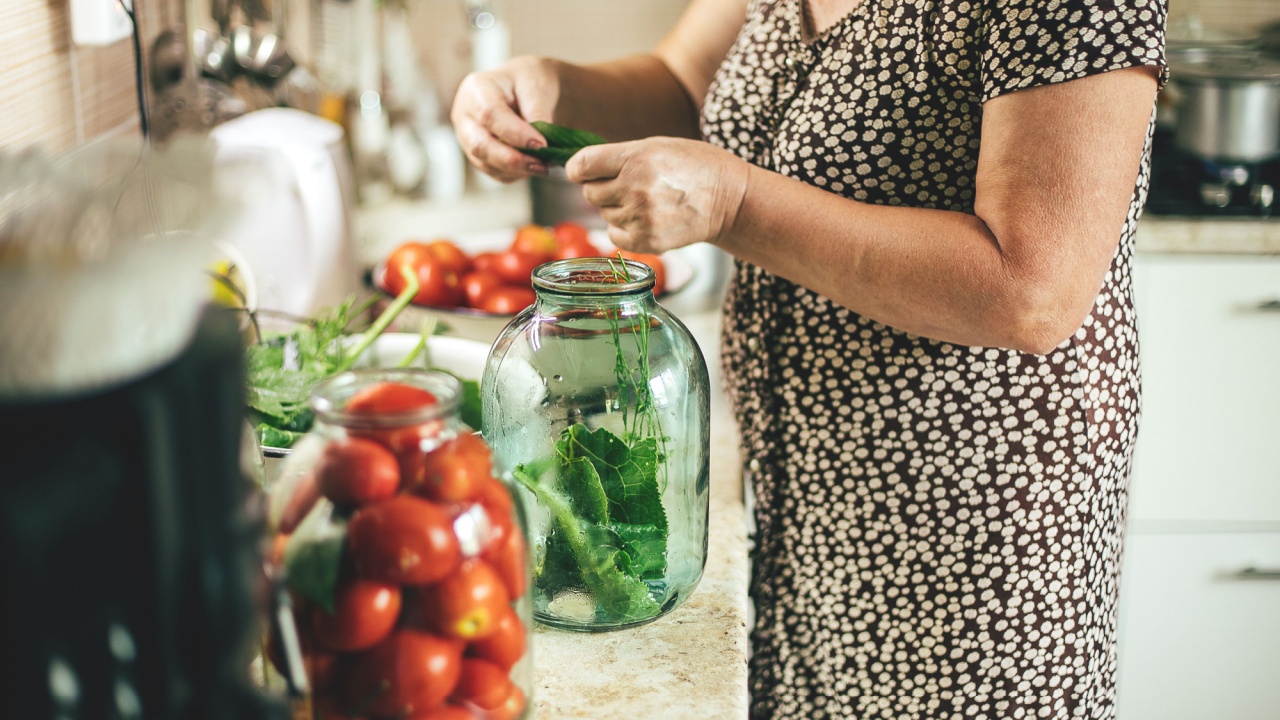
Canning preserves fruits and vegetables for later use. It’s a great way to store your garden harvest. Start with simple recipes like jams and pickles. This method extends the shelf life of your produce and ensures you have food during off-seasons.
10. Create a Beehive
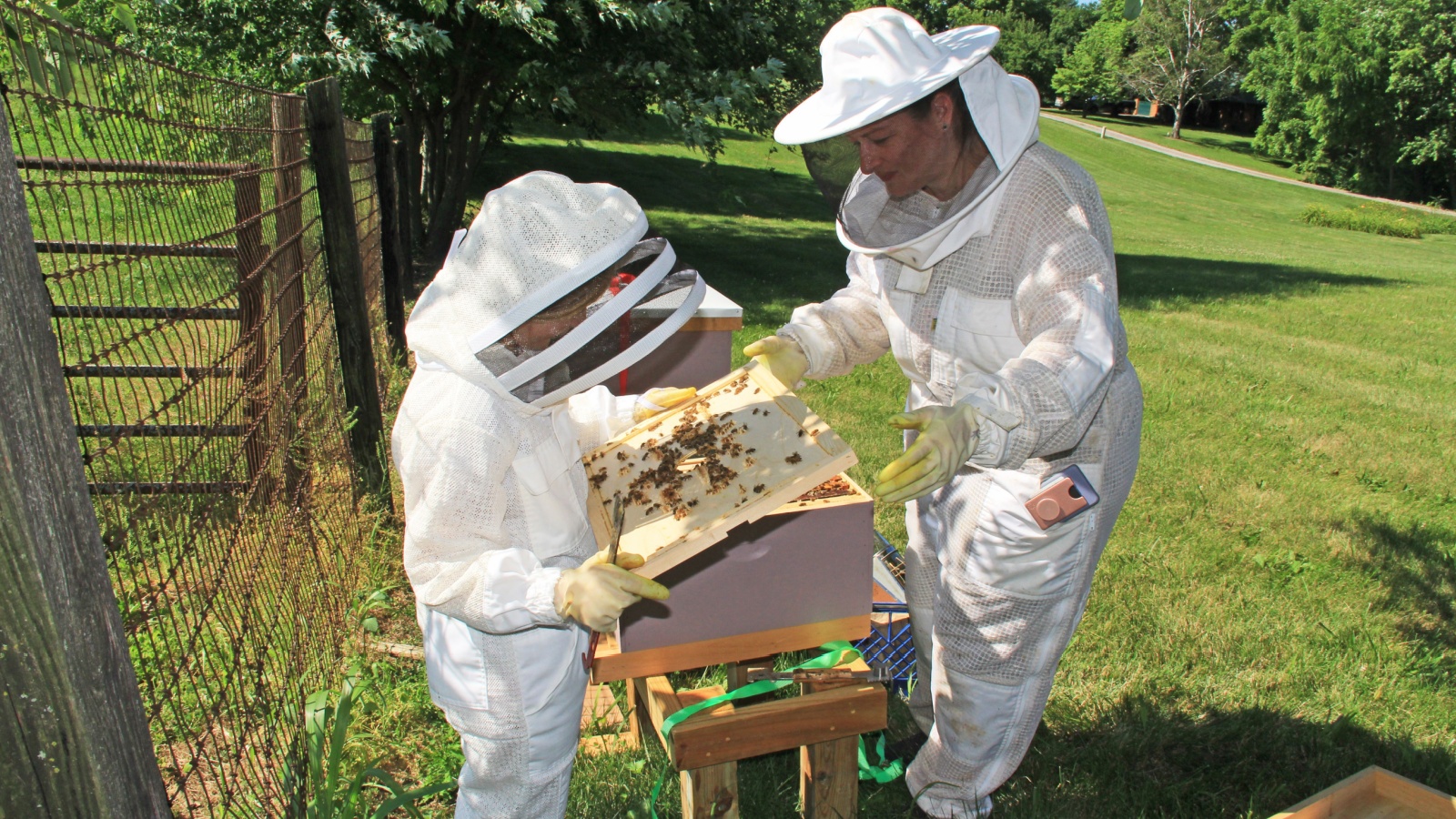
Beekeeping is beneficial for your garden and provides honey. Start with a beginner beekeeping kit and learn the basics. Bees are crucial for pollination and honey is a sweet reward. Beekeeping also supports declining bee populations and promotes biodiversity.
11. Make a DIY Solar Oven
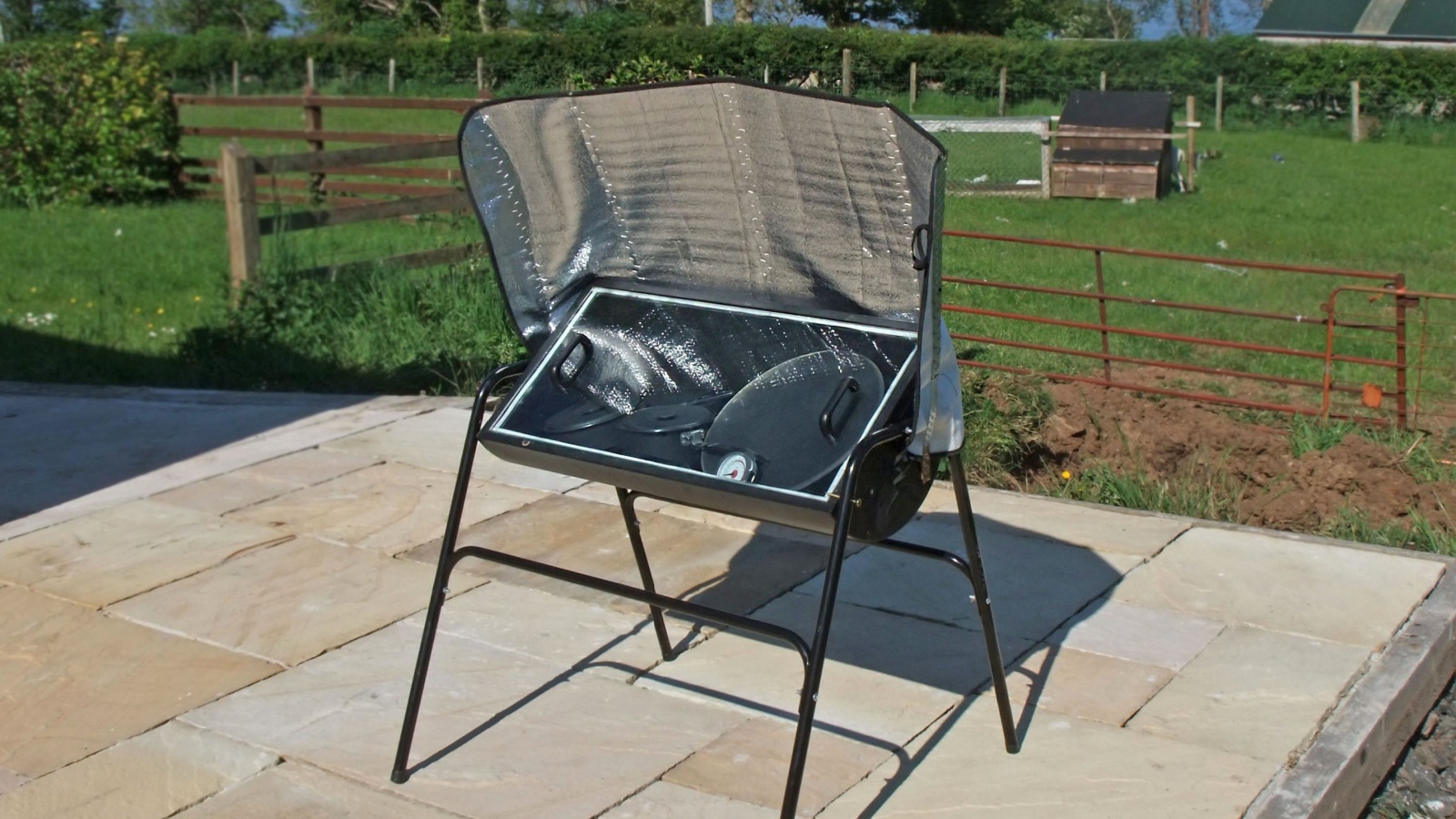
A solar oven uses the sun’s energy to cook food. It’s an eco-friendly project that’s easy to build with cardboard and aluminum foil. Perfect for baking and slow cooking. Solar ovens reduce your reliance on electricity and fossil fuels.
12. Set Up a Worm Composting Bin
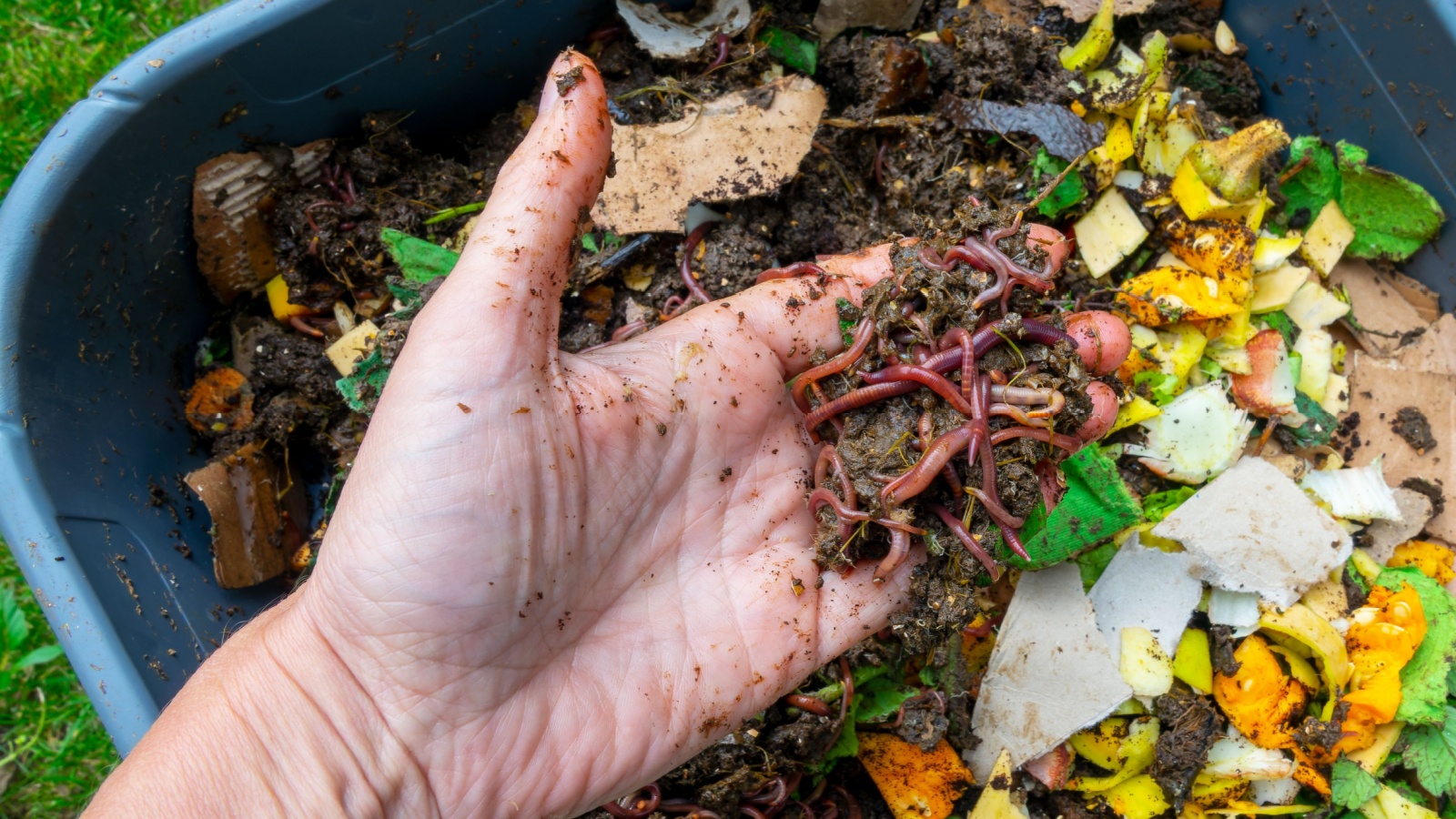
Worm composting, or vermiculture, is great for small spaces. Worms turn food scraps into nutrient-rich compost. It’s simple to set up and maintain indoors or outdoors. Worm composting also speeds up the composting process compared to traditional methods.
13. Build a Raised Garden Bed
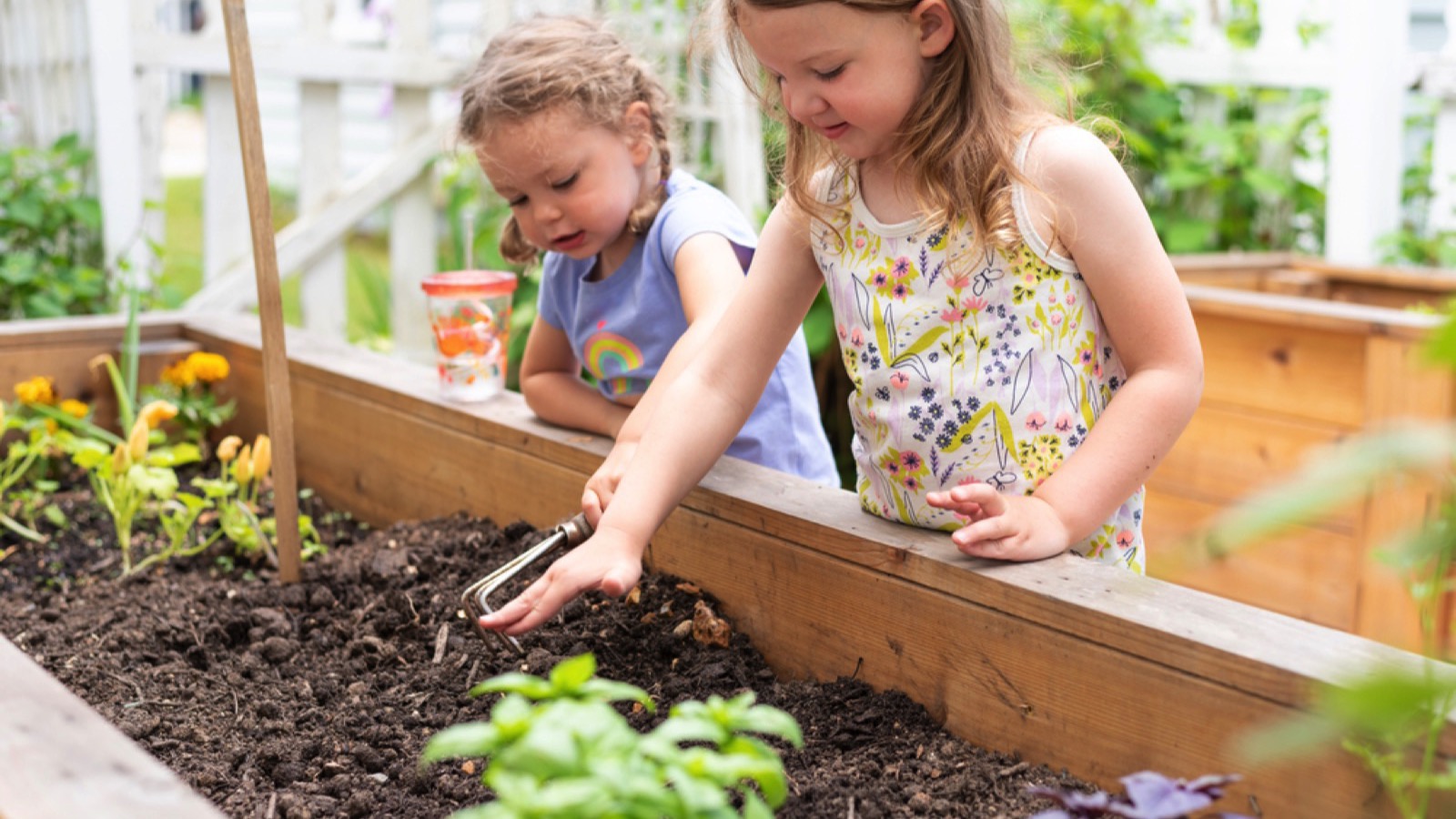
Raised garden beds are easy to manage and good for your back. Use untreated wood or bricks to build a frame. Fill it with soil and start planting your favorite vegetables. Raised beds provide better drainage and reduce soil compaction.
14. Start a Window Herb Garden
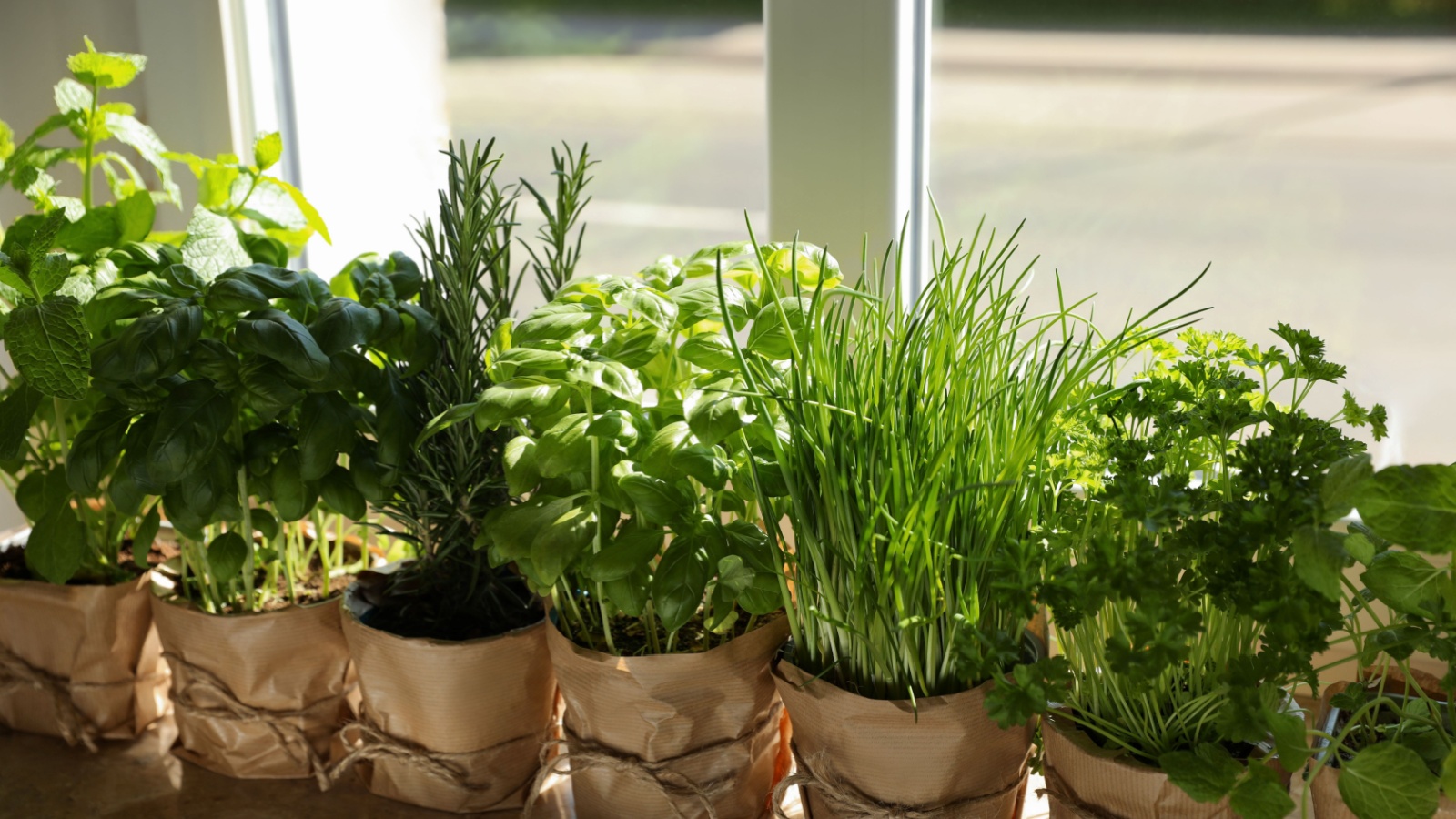
If you have limited outdoor space, grow herbs in your kitchen. Use small pots or a hanging planter. Fresh herbs will always be within reach for cooking. Window herb gardens are also decorative and add a fresh aroma to your kitchen.
15. Make Homemade Candles
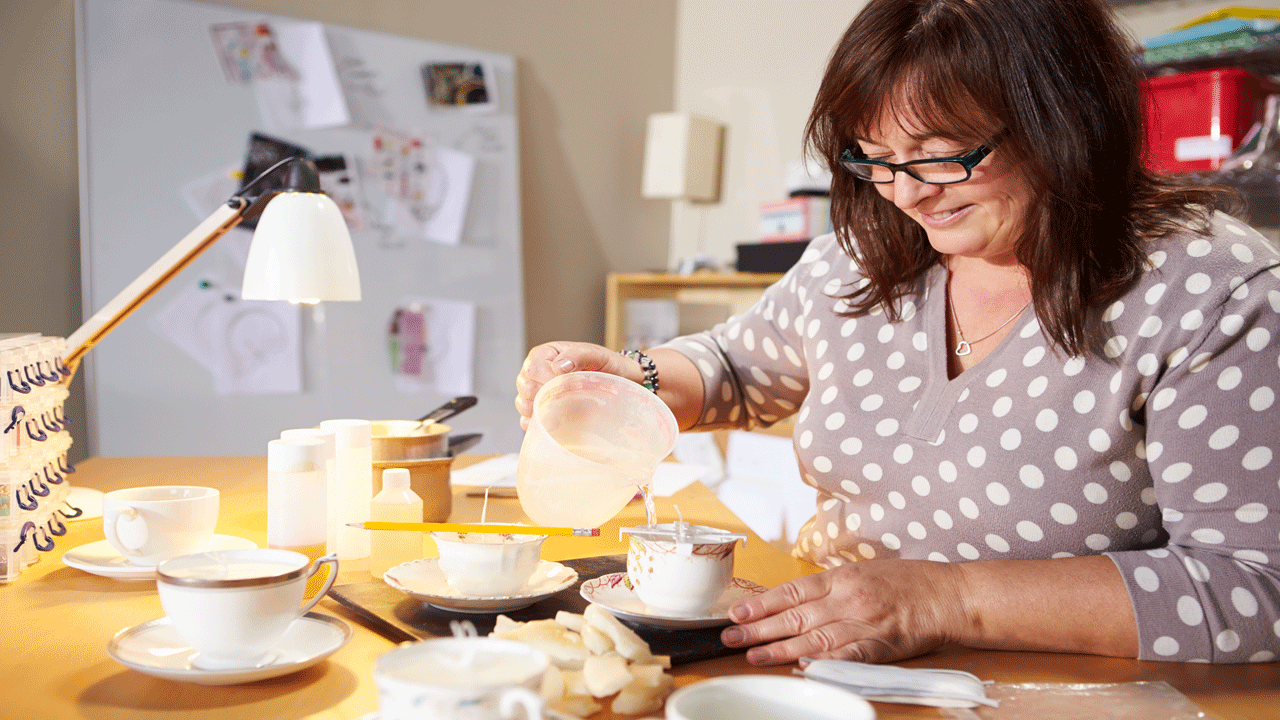
Homemade candles are fun to make and useful. You can use beeswax or soy wax and add essential oils for scent. They make great gifts and are perfect for power outages. Making candles can also be a relaxing and creative hobby.
16. Build a Simple Greenhouse
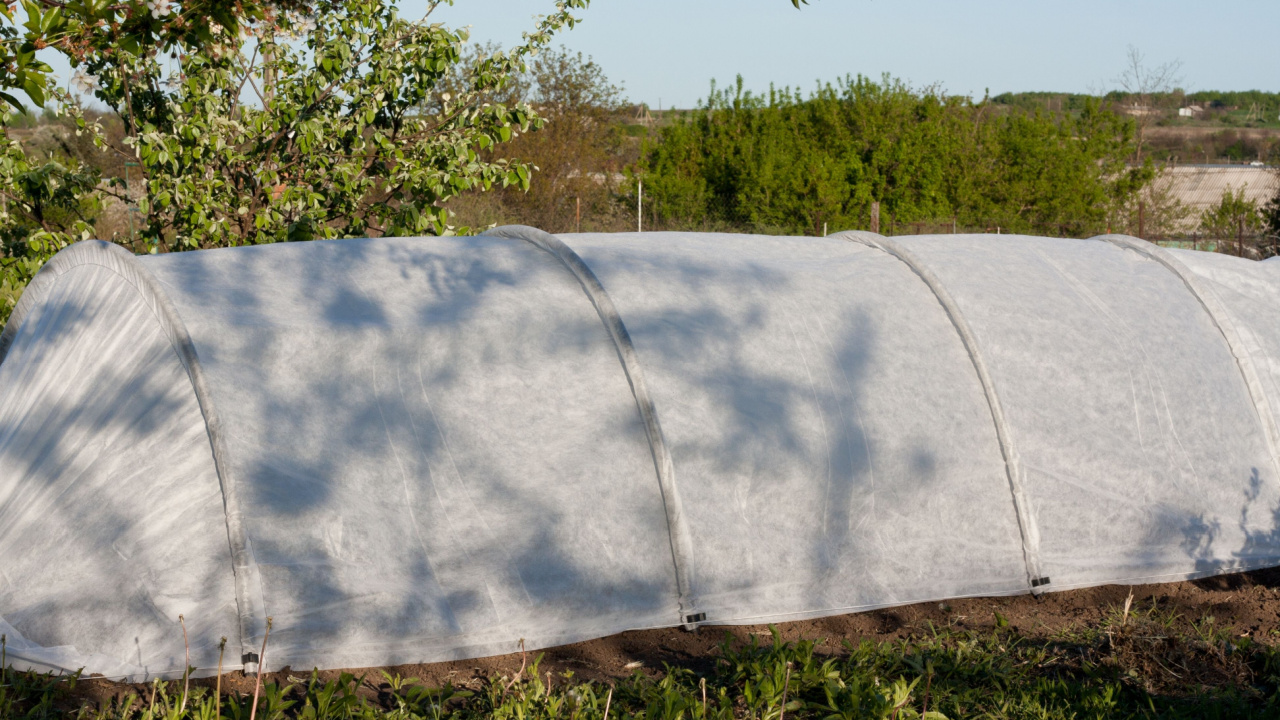
A greenhouse extends your growing season. You can build a small one with PVC pipes and plastic sheeting. It helps protect your plants from the elements and pests. Greenhouses also create a controlled environment for growing more delicate plants.
17. Create a Butterfly Garden
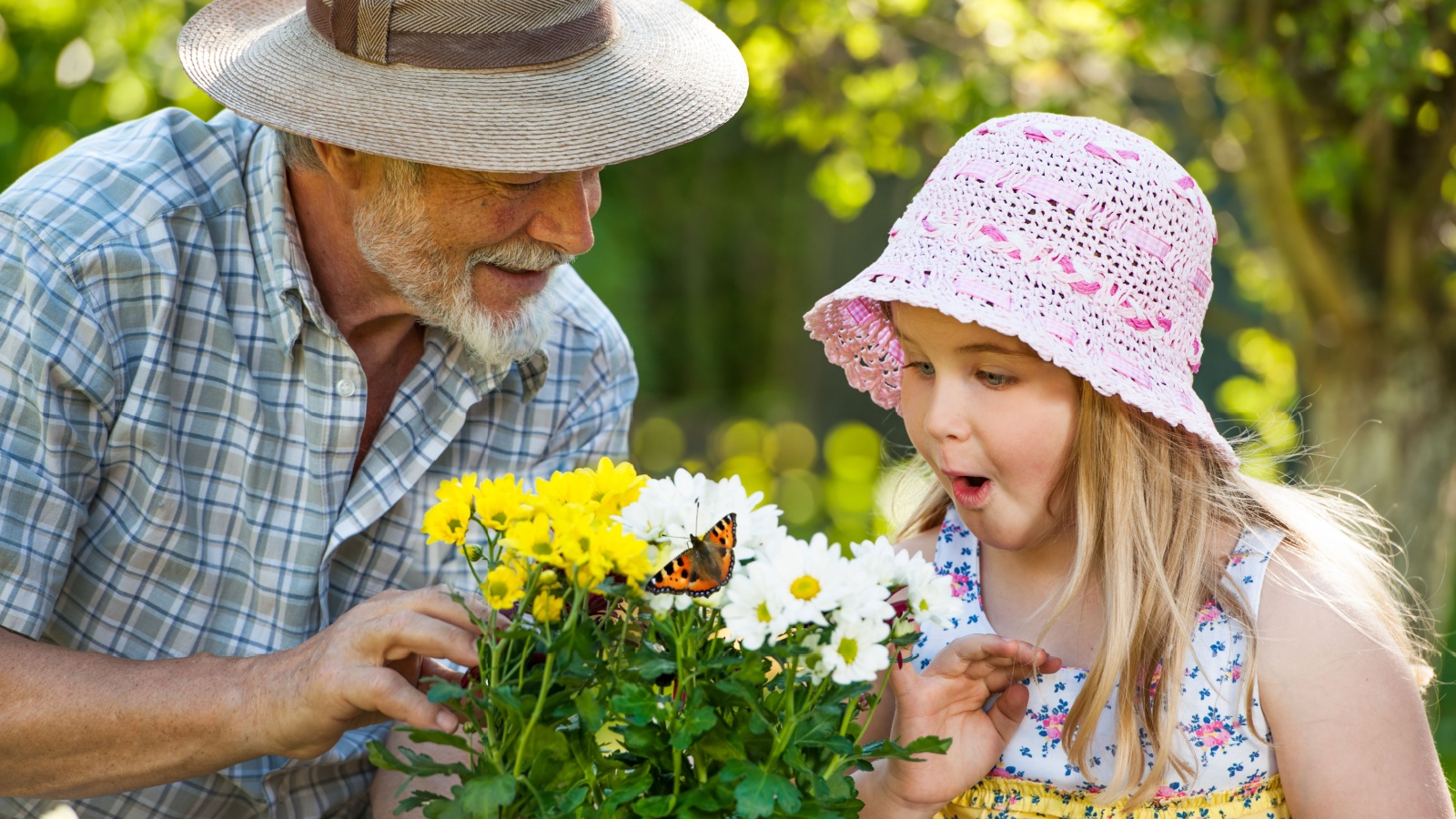
Plant flowers that attract butterflies, like milkweed and lavender. It’s a beautiful addition to your yard and helps support local wildlife. Butterflies are also great pollinators. This project enhances biodiversity and brings color to your garden.
18. Make Your Own Yogurt
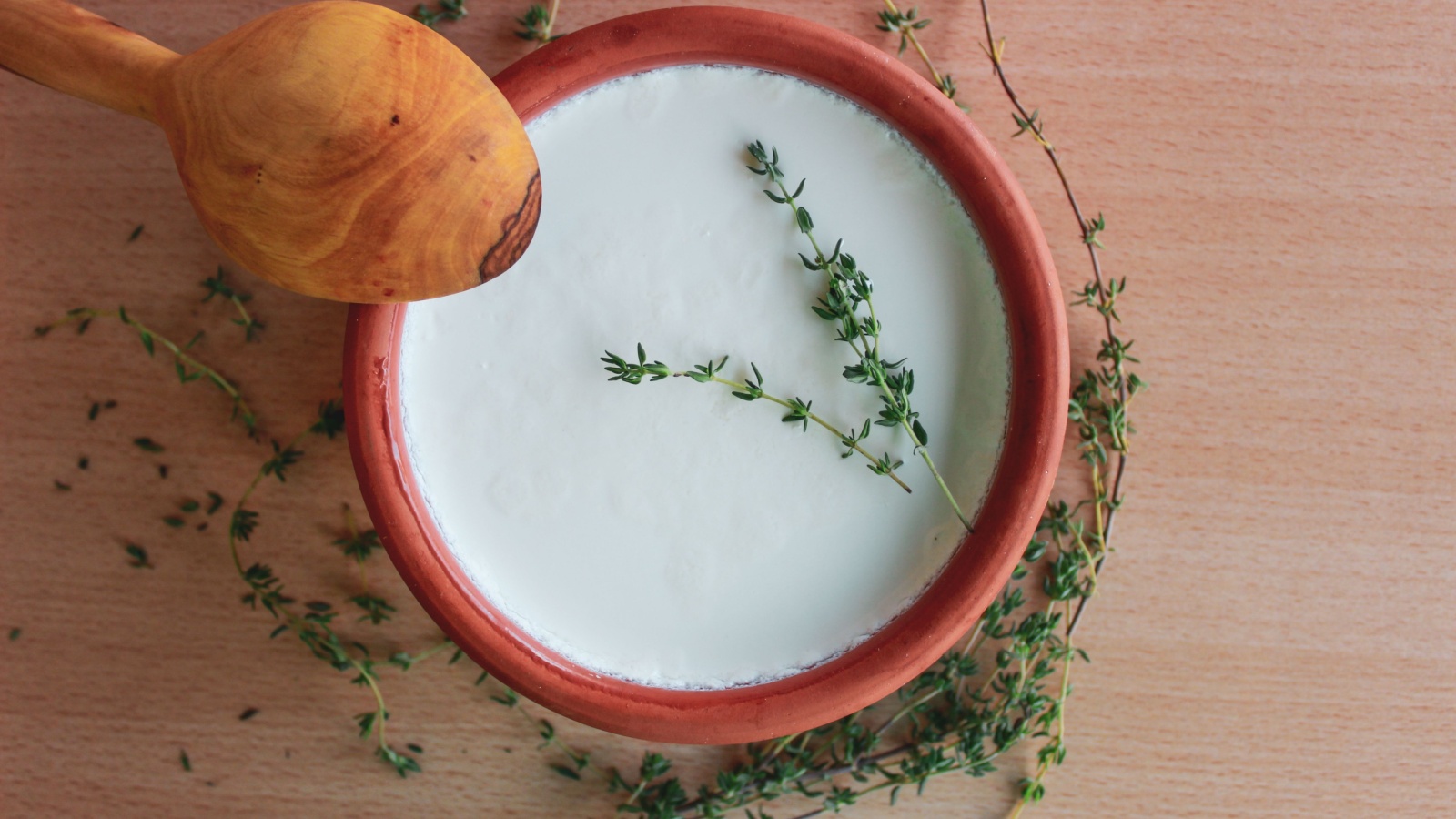
Homemade yogurt is healthier and cheaper than store-bought. You only need milk and a bit of yogurt as a starter. It’s a simple process that yields delicious results. Making your own yogurt allows you to control the ingredients and flavors.
20 Crucial Supplies for Surviving a Societal Collapse

In the face of uncertainty, being well-prepared gives you at least some degree of control and security. The thought of a societal collapse, while extreme, prompts us to consider how we might endure without the conveniences of our current lifestyle. Here’s a list of 20 essential items that could prove indispensable in such a scenario. This guide isn’t about succumbing to fear but embracing preparedness and resilience.
14 Essential Canned Goods for Your Emergency Pantry
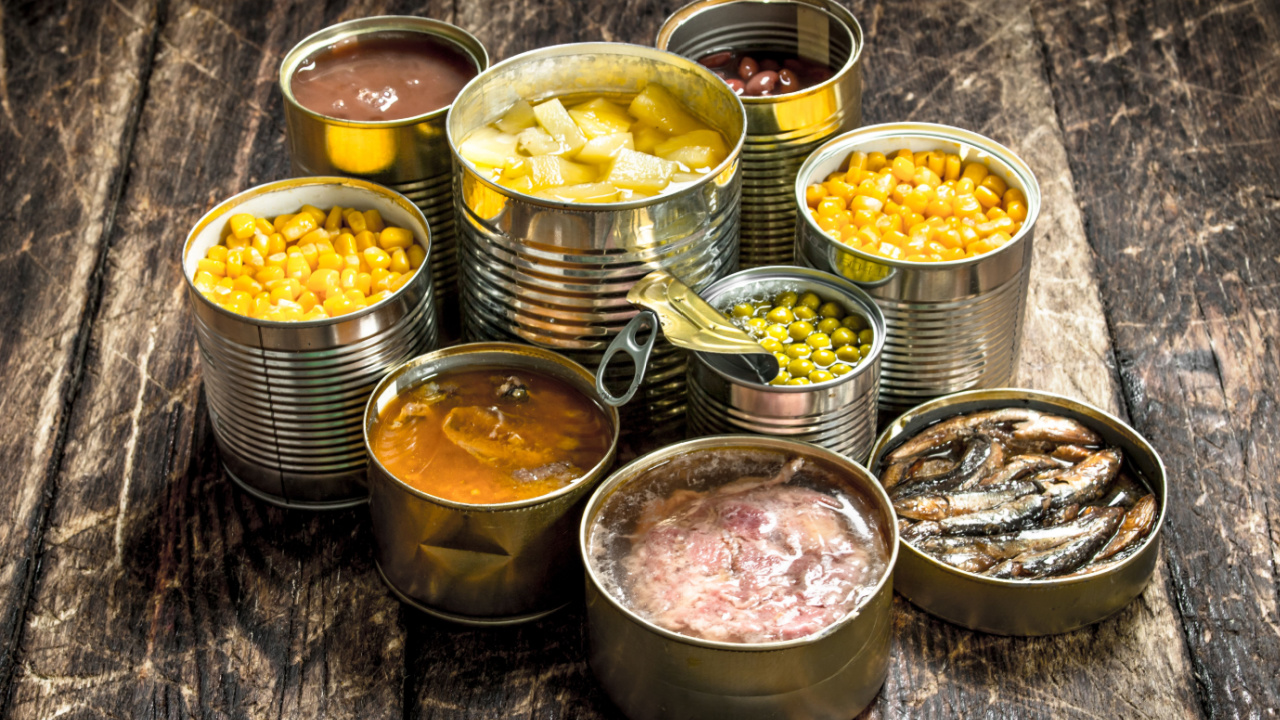
I firmly believe in keeping a well-stocked emergency pantry. While fresh food is ideal, in a survival situation, we may not be that lucky. So, for my family, even though we grow a lot of our own food, canned goods play a crucial role in emergency preparedness. They offer a reliable source of nutrition when access to fresh produce may be limited. The goods you stockpile should be affordable, easy to store, and full of nutrition.
Best Regions in the U.S. to Escape to When Society Collapses

Choosing a refuge in the event of societal collapse involves weighing the pros and cons of each location against your personal preparedness goals and abilities. Whether you’re drawn to the solitude of the desert or the protective heights of the mountains, the key is finding a place that offers safety and the opportunity for growth and renewal.
Katy Willis is a writer, lifelong homesteader, and master herbalist, master gardener, and canine nutritionist. Katy is a preparedness expert and modern homesteader practicing everyday preparedness, sustainability, and a holistic lifestyle.
She knows how important it is to be prepared for whatever life throws at you, because you just never know what's coming. And preparedness helps you give your family the best chance to thrive in any situation.
Katy is passionate about living naturally, growing food, keeping livestock, foraging, and making and using herbal remedies. Katy is an experienced herbalist and a member of the CMA (Complementary Medical Association).
Her preparedness skills go beyond just being "ready", she's ready to survive the initial disaster, and thrive afterward, too. She grows 100% organic food on roughly 15 acres and raises goats, chickens, and ducks. She also lovingly tends her orchard, where she grows many different fruit trees. And, because she likes to know exactly what she's feeding her family, she's a seasoned from-scratch cook and gluten-free baker.
Katy teaches foraging and environmental education classes, too, including self-sufficient living, modern homesteading, seed saving, and organic vegetable gardening.
Katy helps others learn forgotten skills, including basic survival skills and self-reliance.
She's been published on sites such as MSN, Angi, Home Advisor, Family Handyman, Wealth of Geeks, Readers Digest, and more.
